Cell Phone Medicine Update
Using mobile phones for medical purposes, a new frontier when we reported on it in 2008, has become a huge field.

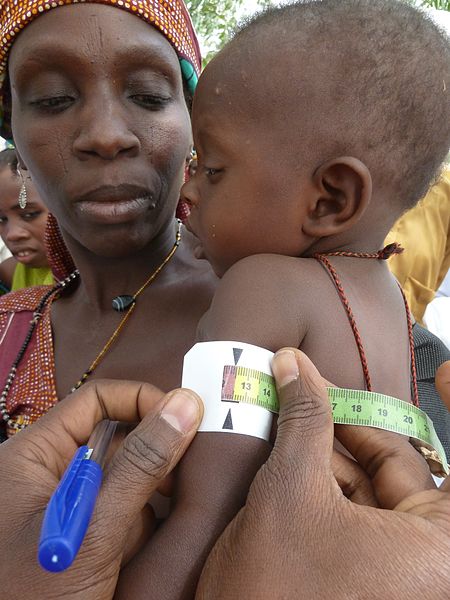
Using mobile phones for medical purposes, a new frontier when we reported on it in 2008, has become a huge field.


Reading literary fiction, more so than other types of books, improves performance at gauging others' mental states.

A researcher is promoting “personal experiments” that make self-care more scientific.
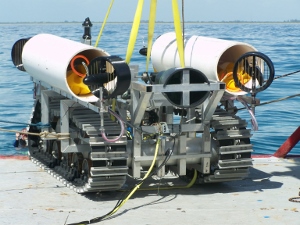
Researchers have designed an underwater vehicle to search for shipwrecked vessels filled with treasure off the coast of Florida.
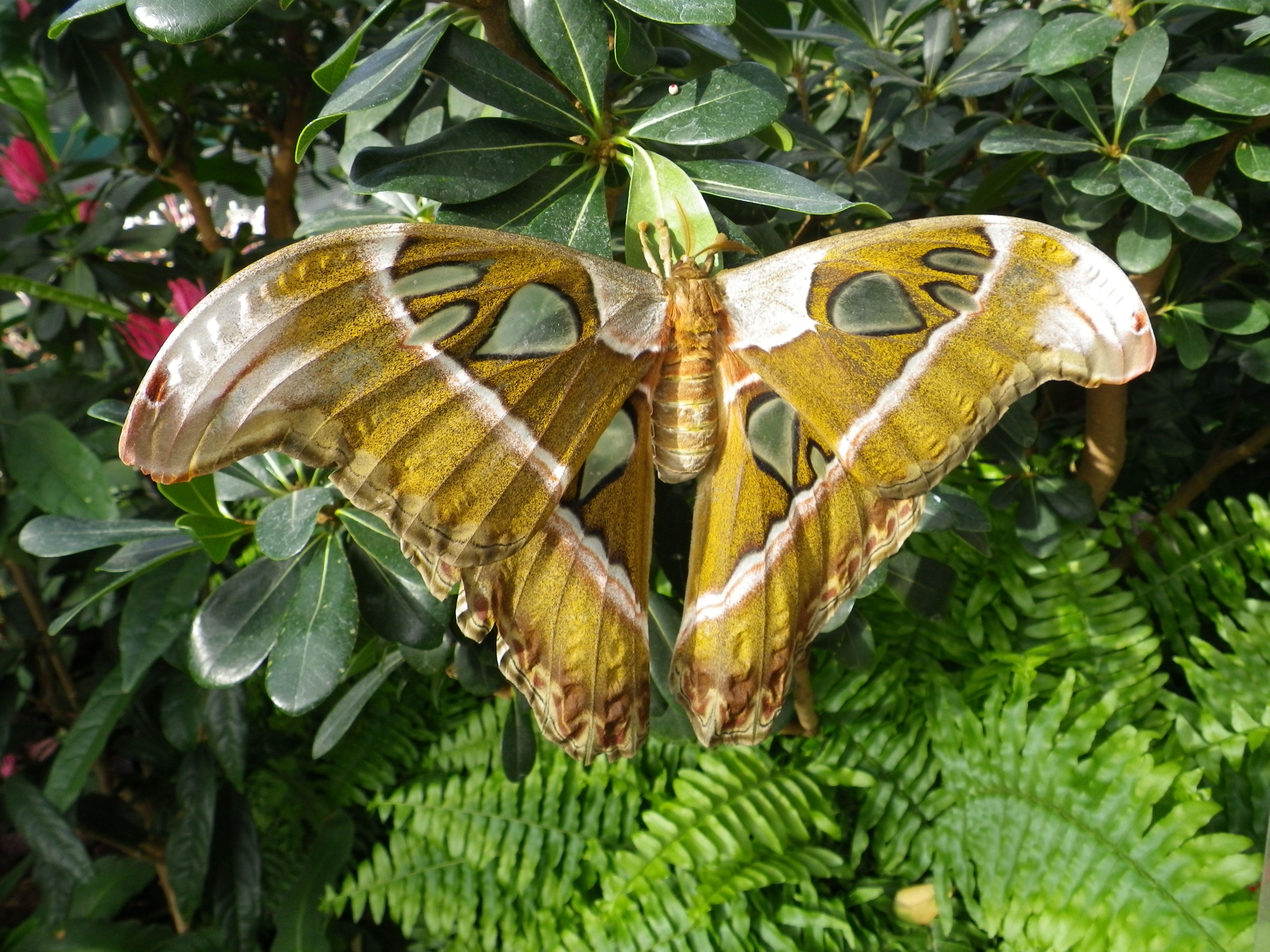
Insects may be able to “predict” the weather by changing their behavior when they sense changes in air pressure.


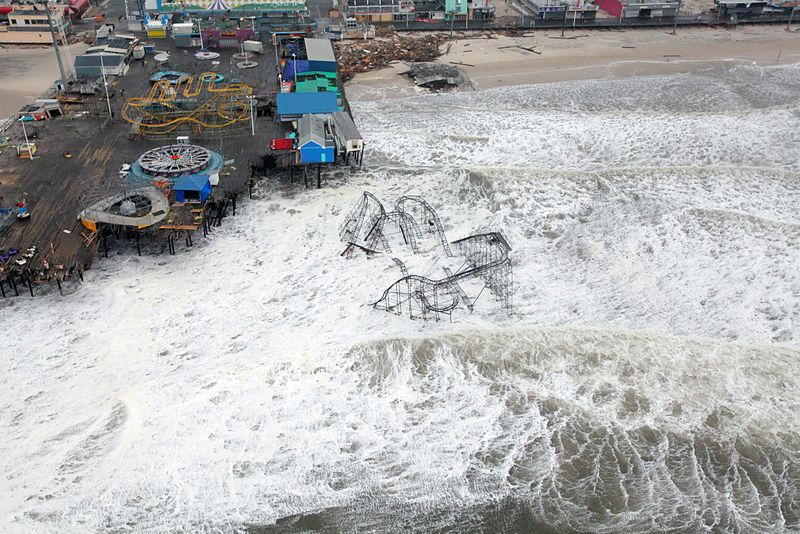
Natural coastal ecosystems like sand dunes and mangrove forests help protect coasts from natural disasters like Hurricane Sandy.
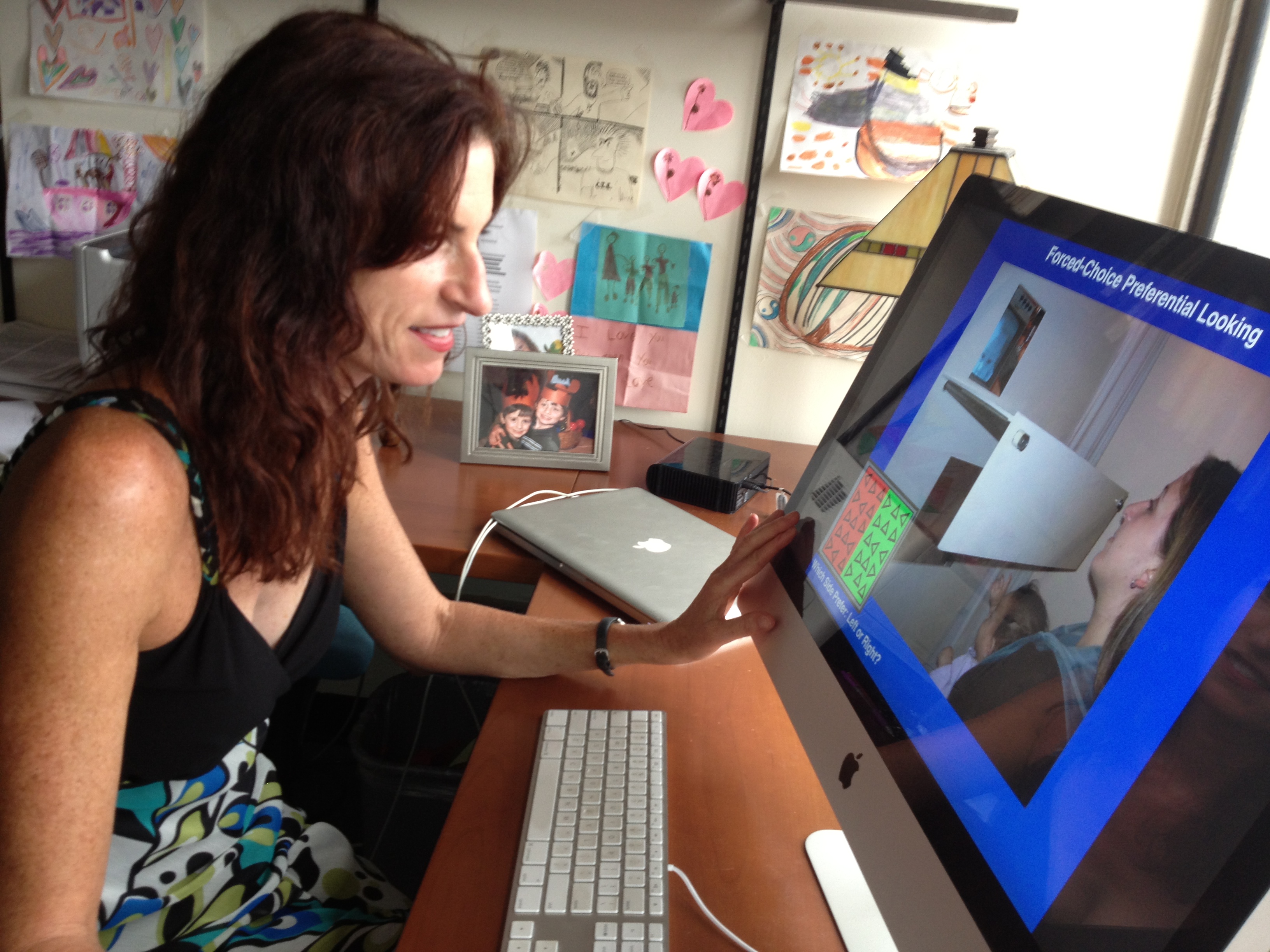
Only a tiny fraction of adults have a condition called synesthesia, but all of us may be born with it.
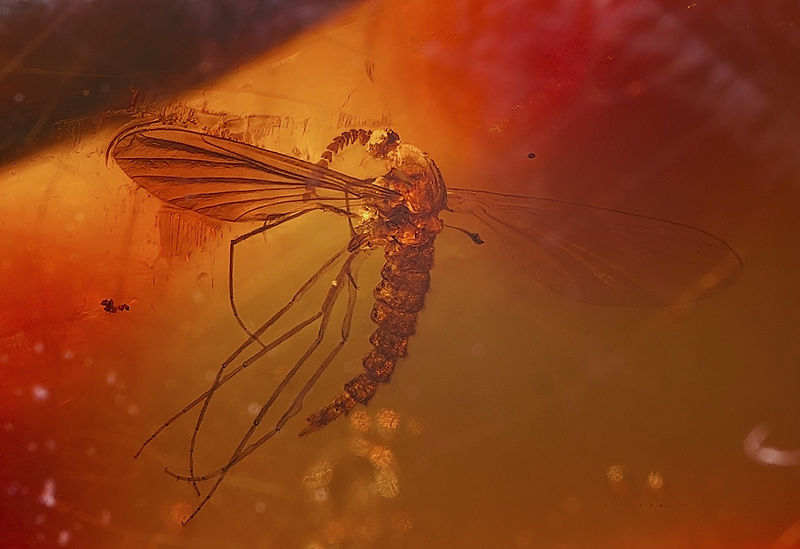

Objects like blankets and stuffed animals can theoretically spread illnesses, but it's not a big concern.
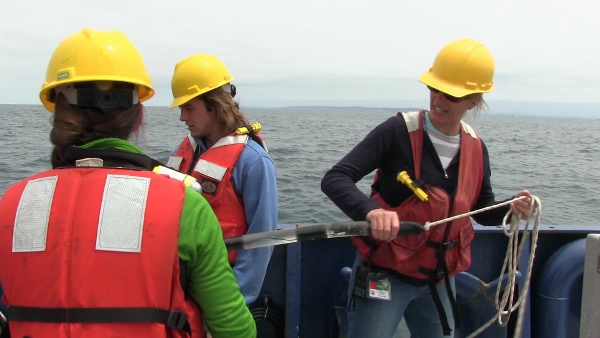
Microphone arrays around the North Pacific allow scientists to listen to the diversity of life under the sea.
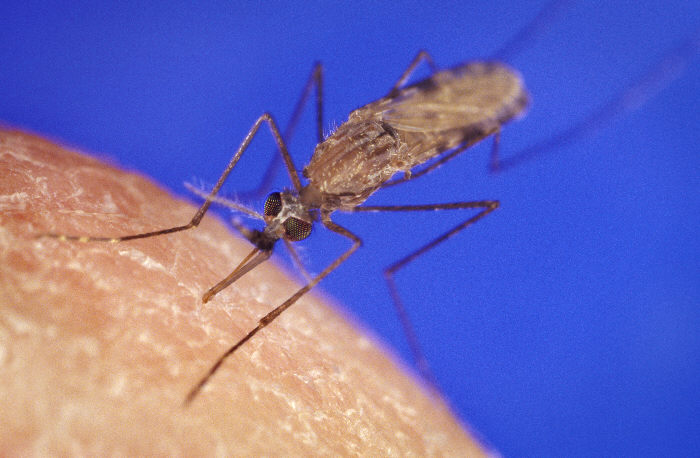
Researchers have discovered that mosquitoes have a better sense of smell at night.
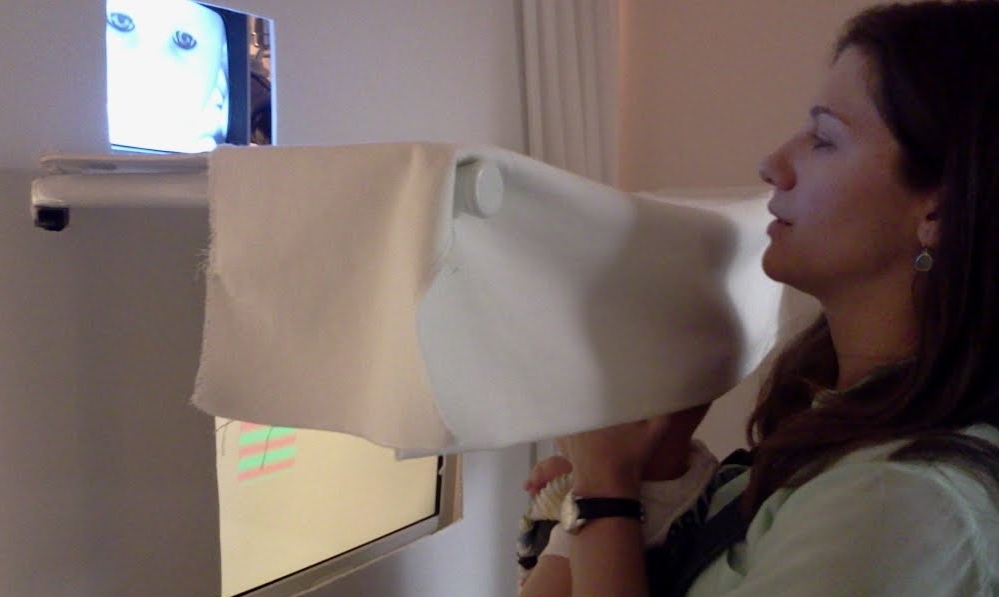
Premature infants have better-developed color vision than full-term infants conceived at the same time.
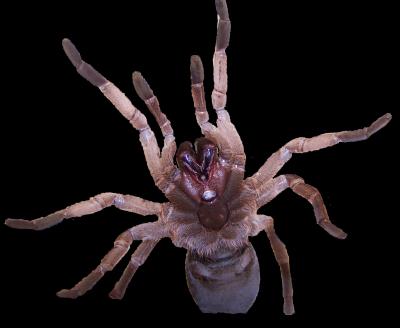
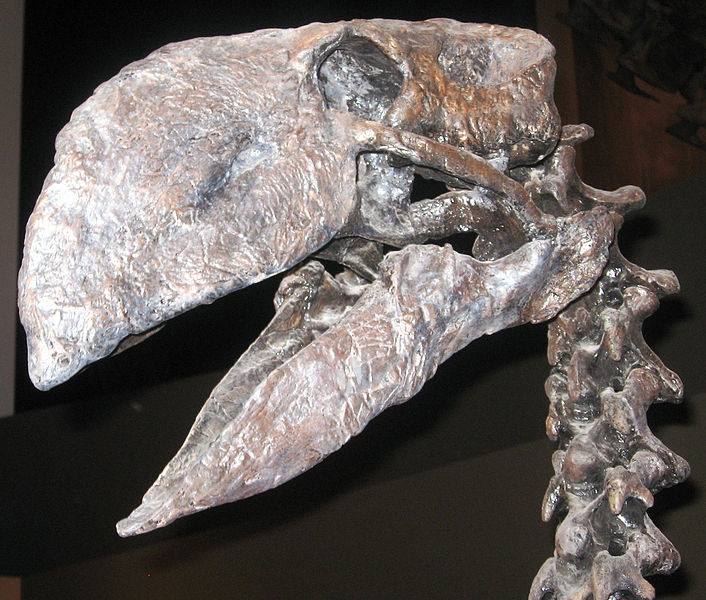
Giant flightless birds with enormous beaks once roamed the earth. Did they feast upon flesh, or gobble up plants?
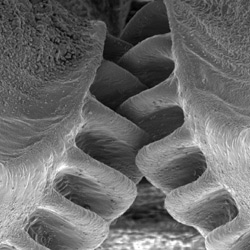
Some insects' legs have gears that look and function like the classic man-made invention.
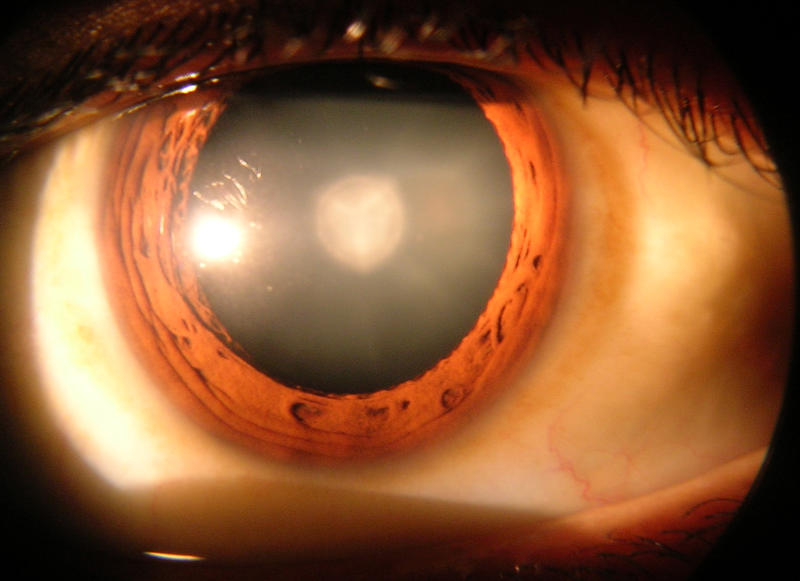
People who have their cataracts removed not only improve their vision—they may also extend their lives.
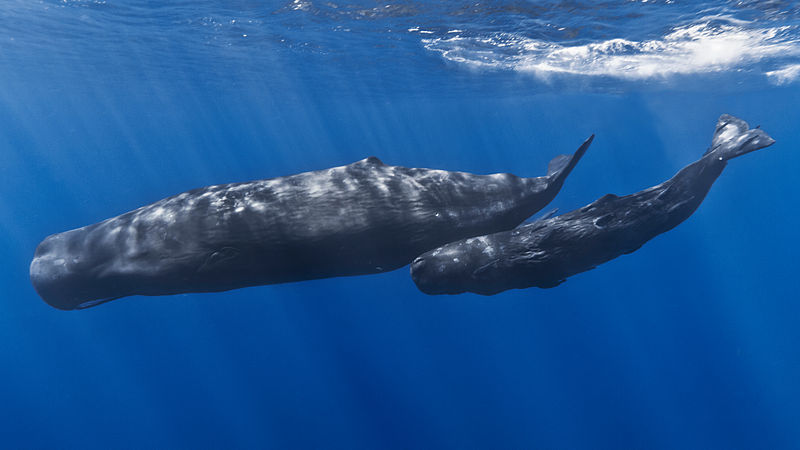
Whales tan and suffer sunburn-like skin damage, which could indicate changes in UV radiation over the oceans.
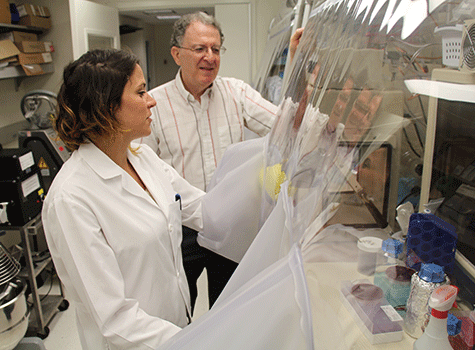
Gut microbes may be crucial to maintaining a healthy weight. The latest evidence comes from a study that transplanted human gut bacteria into mice.
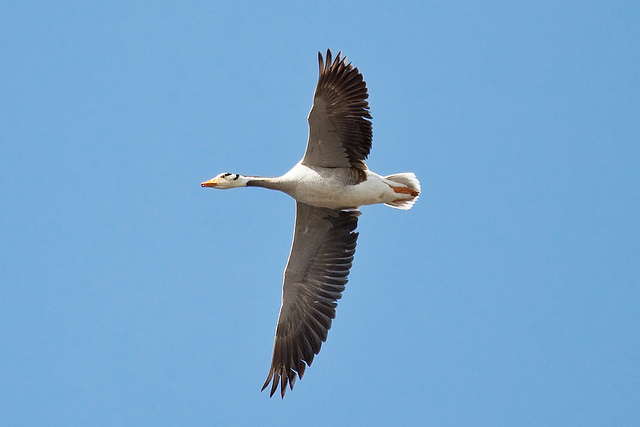
The highly efficient lungs of birds are inspiring climate-friendly carbon-capturing filters.
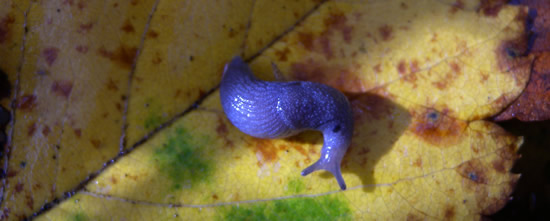
The Ugly Animal Preservation Society uses humor to raise awareness about nature's less attractive endangered animals.
